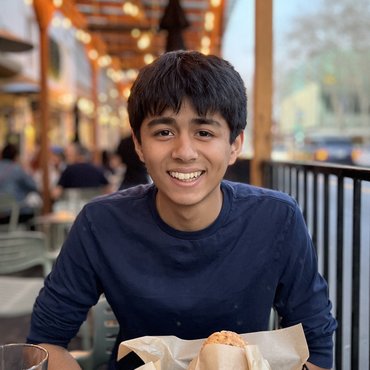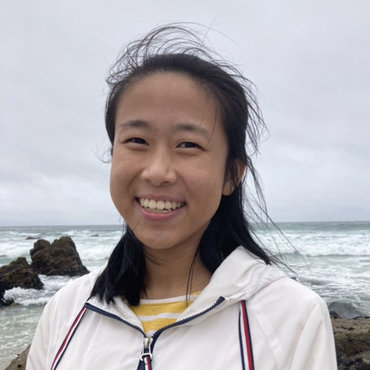
Elyse Cornwall, ’22
Revisiting Milwaukee: Learning about my hometown through service
The first time I drove to Moody Park, I suppressed my nerves about driving into an area known for reckless driving. I reminded myself that these feelings came from racist assumptions about a community I had never meaningfully interacted with. Still, I stopped at green lights as oncoming cars ran the red, and rushed down main streets to keep other cars from skirting past me. Thus, I arrived at Moody Park feeling simultaneously afraid and embarrassed, and that was when the youth participants arrived. My primary responsibilities were event planning and coordinating with other volunteers, but I realized that my work behind the scenes could not be effective until I immersed myself in the community I served. When I ate meals, played games, and shared stories at Moody Park, a new side of my service experience emerged.
My weekly discussions with youth living near Moody Park covered topics like drugs and alcohol, police relations, and reckless driving. The group’s familiarity with dangerous situations seemed to contradict their charisma and friendliness. I helped host the Zeidler Center’s listening circle events, which allowed youth and police officers from the area to talk with each other in small groups. The youth took turns responding to prompts such as, “Describe an experience you have had with a police officer,” sharing their experiences rather than debating or convincing anyone. The Zeidler Center hosts listening circles like these throughout the Greater Milwaukee Area, featuring topics like political polarization, race relations, and education. These events are based on the organization’s belief that open, respectful dialogue promotes positive change. I watched as the listening circles at Moody Park shifted from short responses to candid conversation. By the end of the discussions, youth and officers were sharing accounts of their days and stories of hardship, relating to one another on a personal level.
As an outsider in this community, I felt hesitant to expand beyond my role as a staff member, but eventually gave in with the encouragement of the youth and other staff. I shared my own experiences, admitted the gaps in my knowledge of Milwaukee, and put myself in a position to learn from the youth I had aimed to serve. Not only did I feel more connected to a community that I hadn’t interacted with before, but I also felt a stronger obligation towards my city. I found that my view of civic duty and participation changed once I got to know the people with whom I was sharing a community.
By the end of the summer, I started to see my service experience in connection to my parents’ work in Milwaukee as public servants. Usually, I thought of my parents as lawyers who happened to work for the state and county. Though they had expressed pride in serving those who relied upon public legal assistance, I never thought of their occupations as reflections of their character. As a court commissioner, my father has the opportunity to combat the racial bias that targets people with his racial identity in most courtrooms. Like my father, the staff and volunteers at the Zeidler Center prioritize listening to and learning from the communities they serve.
I am glad to have developed this new civic understanding in the context of Milwaukee, through the service I have done. When I returned to Stanford in the fall, I brought with me a willingness not only to serve, but also to know the people within my community who are most targeted and misrepresented.


